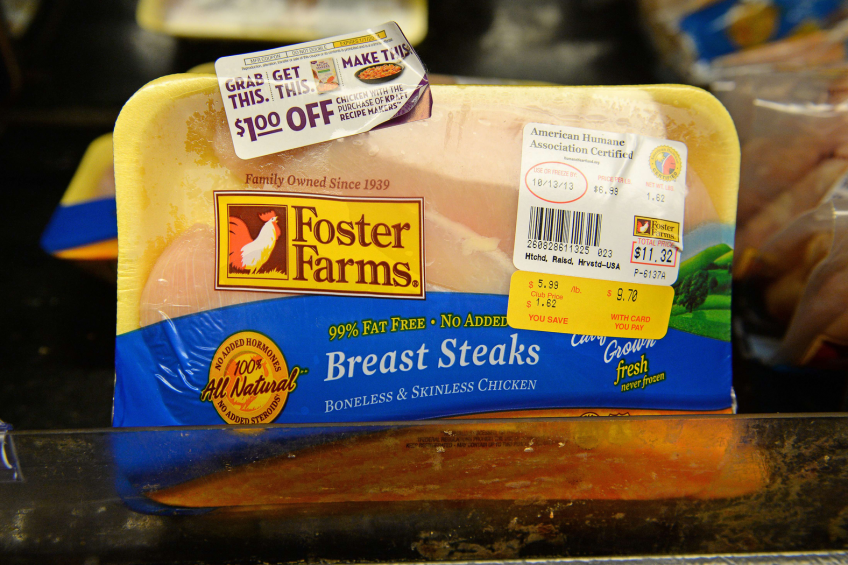US consumers prefer labelled meat products, study shows

While US congress considers repealing a law requiring country-of-origin labels on packages of beef, pork and poultry, marketing researchers at the University of Arkansas have found that such labels influence consumer perceptions about food safety and quality.
Researchers found that consumers preferred meat from the United States when provided only with information about where the animal was born, raised and slaughtered – and not given information about country-specific meat-processing standards.
Effect of labelling on purchasing decisions
“The country-of-origin requirement appears to provide consumers with additional information that has both direct and indirect effects on purchase intentions,” said Scot Burton, professor of marketing in the Sam M. Walton College of Business. “The requirement impacts inferred attributes, meaning that meat products from the United States are perceived to be safer, tastier and fresher than meat products from Mexico. Of course, these attributes, in turn, have positive effects on purchase decisions.”
The researchers used three studies to better understand the effect of country-of-origin labelling on consumer choices. In a pilot study, 50 consumers from the United States participated in a web-based survey.
Freshness of meat and poultry
They were given country of origin only and asked to share their opinions on food safety, taste and freshness of meat and poultry products from 10 countries – Mexico, India, Brazil, New Zealand, Nicaragua, Russia, Thailand, China, the United States and Canada. Participants perceived meat from the United States and Canada to be safer than meat from the other countries.
In the second study, one group received beef and chicken labelled with the United States as country of origin, and a second group received beef and chicken labelled as originating in Mexico. The participants of this study preferred meat from the United States.
However, the third study revealed that when consumers were told that meat-processing standards in Mexico were similar to those in the United States, purchase intentions for US meat were no longer higher.
COOL legislation history
US congress passed legislation in the 2002 and 2008 farm bills requiring US retailers to provide country-of-origin labelling for most meat and poultry products. Backed by US ranchers competing with the Canadian cattle industry, the legislation was also intended to provide customers with information to help them make informed shopping decisions.
But the mandate has been controversial. Previous research has suggested that consumers do not value US-labelled meat products more than those simply from North America. Some groups have estimated that implementation of these labelling requirements have cost retailers more than $100 million.
Canada and Mexico claim the law discriminates against their producers and have threatened to impose billions of dollars in tariffs on American goods. In reaction to this, the US House of Representatives recently voted to repeal the law requiring country-of-origin labelling.













